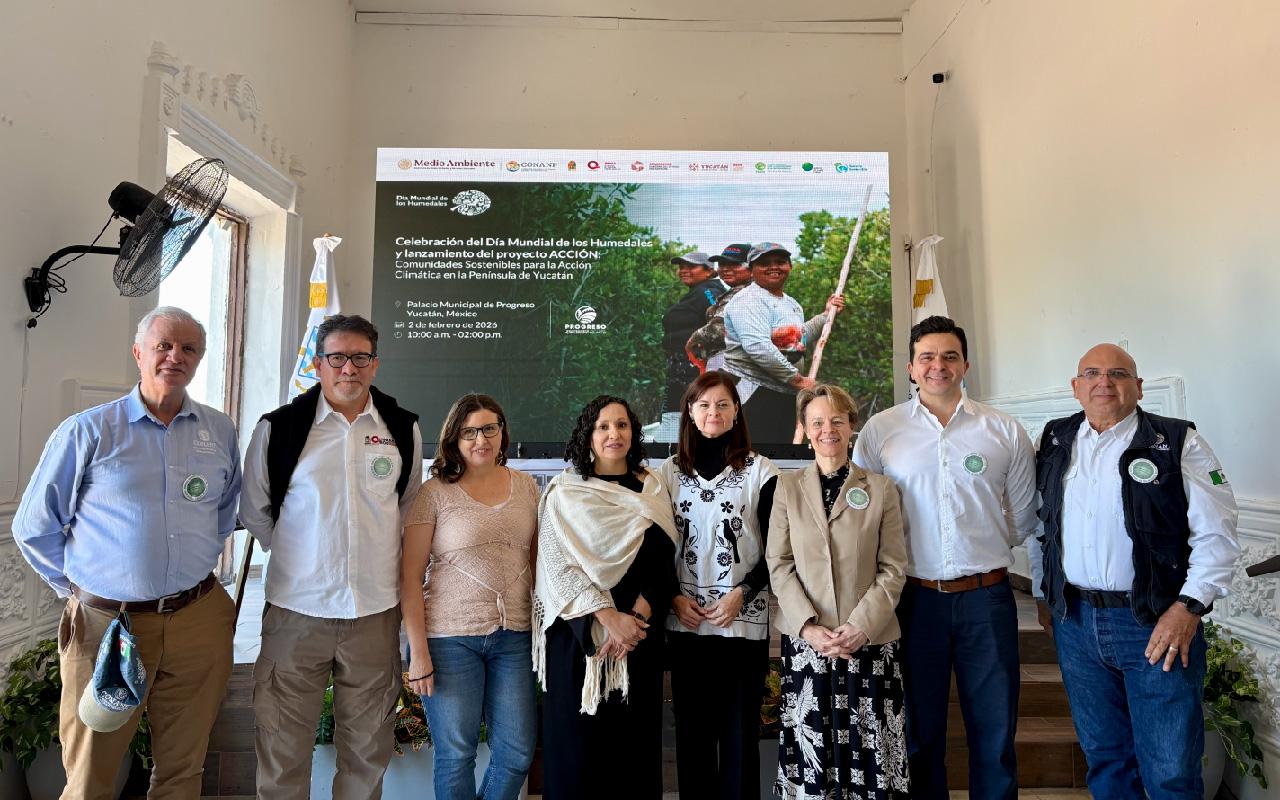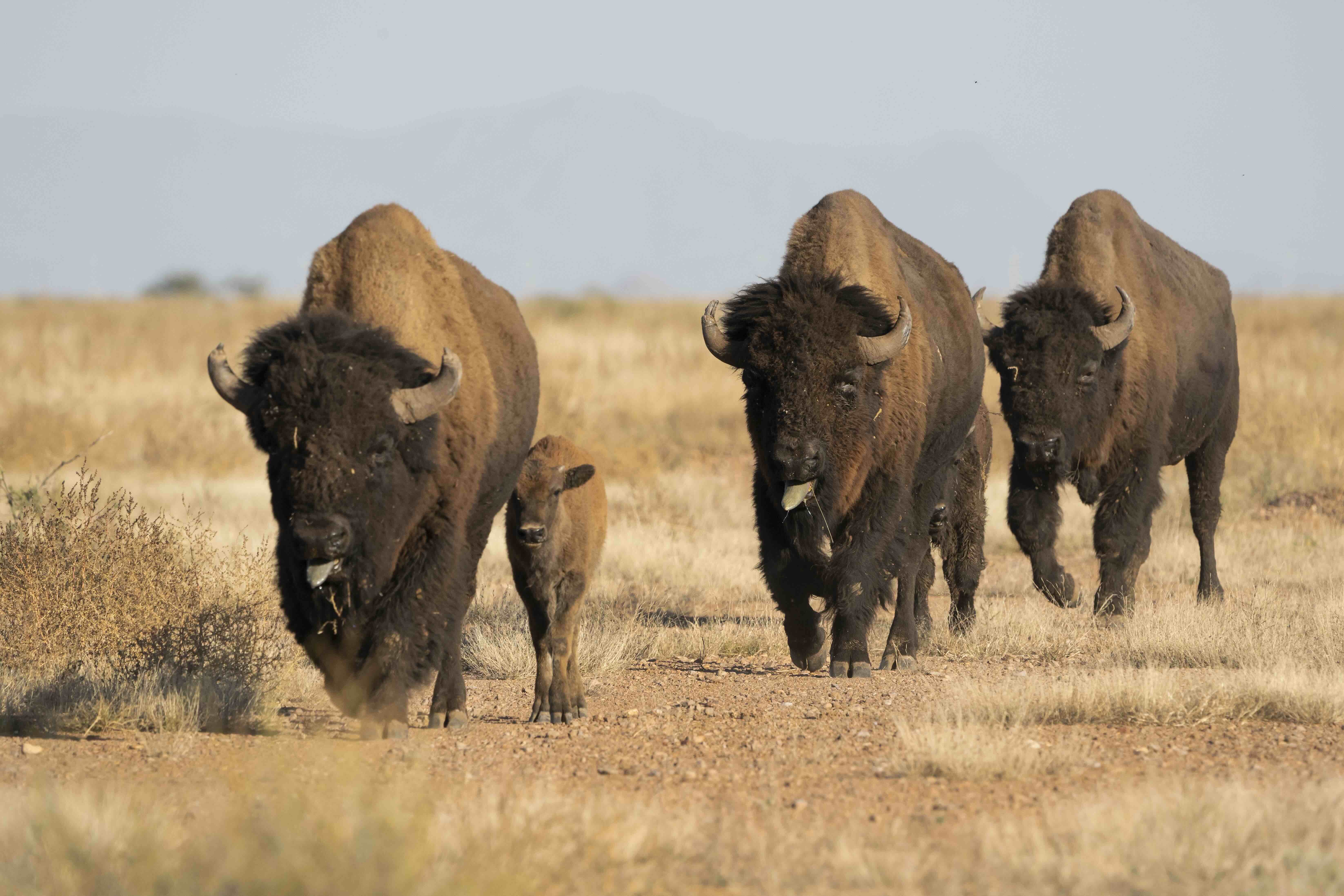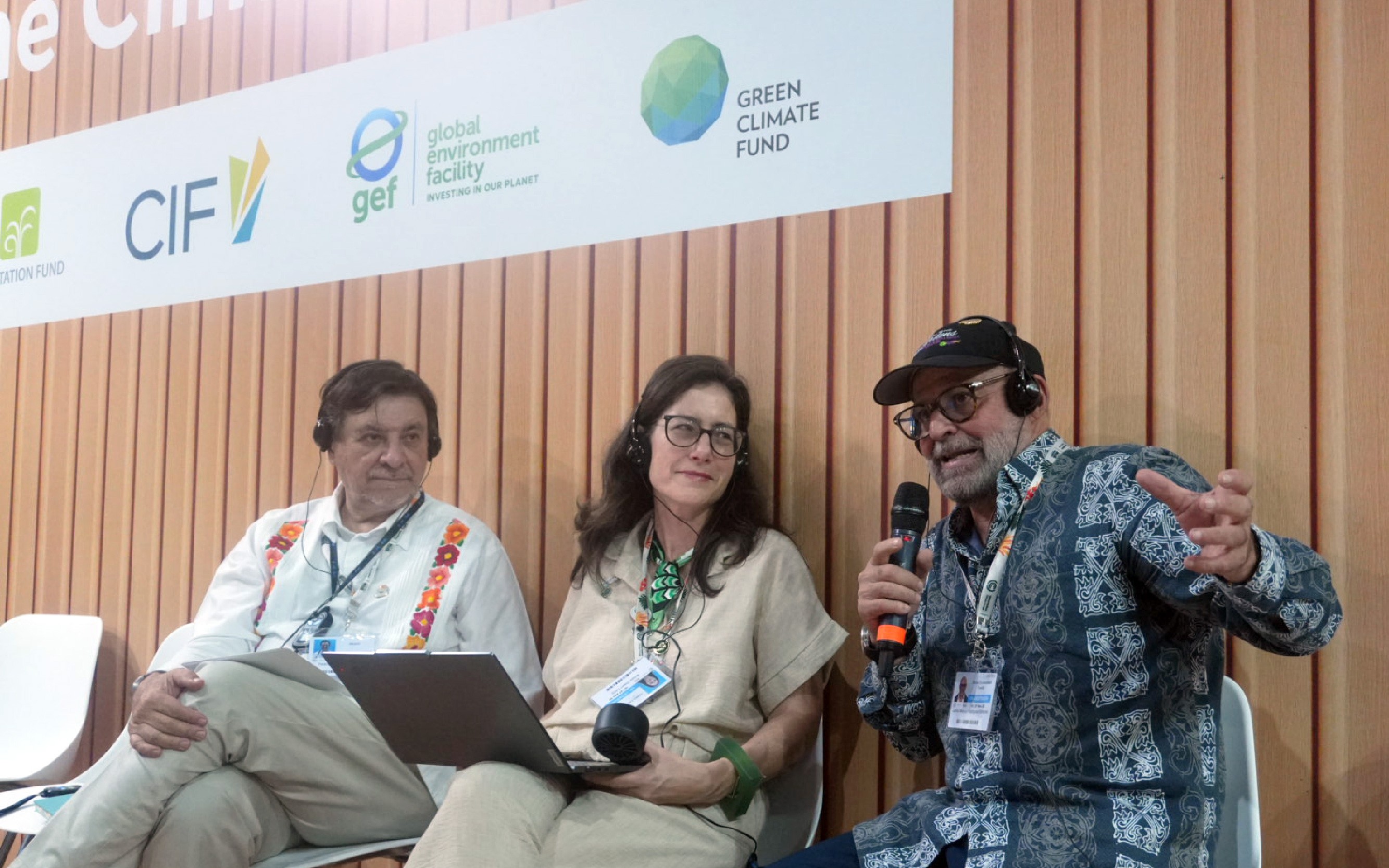Capacity and knowledge building
Ecuador and Mexico exchange knowledge to bring primary producers closer to the private sector
- The Bridge mentoring program allowed coffee, cocoa, and vanilla farmers to meet in both countries during 2024.
- The Regional Water Fund (FORAGUA) and the Mexican Fund for the Conservation of Nature (FMCN) carried out virtual trainings and practical workshops in rural communities
The BRIDGE mentorship program aimed to foster the exchange of knowledge and tools between FORAGUA in Ecuador and FMCN in Mexico, with a focus on benefiting rural communities in both countries. The program supported the integration of sustainable rural enterprises into the private sector through tools such as the “Technical Itinerary,” designed to help producers better understand and improve their financial and productive capacities, promote environmentally responsible practices, and boost local economies.
The case study highlights the challenges faced by small rural producers in Ecuador, including limited infrastructure and equipment to ensure product safety, high input costs, and difficulties accessing markets. These challenges point to the need for stronger associations among small producers to optimize resources and improve profitability. The use of tools like the Technical Itinerary proved essential in helping producers understand their costs, income, and areas for improvement, enabling them to make informed decisions that support both their businesses and sustainable practices.
The mentorship program unfolded in three main phases: virtual sessions between FMCN and FORAGUA, face-to-face exchange of experiences in Mexico, and practical workshops in Ecuador with local communities. Throughout the process, similarities were identified between the contexts of both countries, particularly regarding the challenges faced by producers of coffee, cacao, and other agricultural products. The experience emphasized the need to strengthen connections with the private sector and formal financial services to support sustainable value chains that benefit both producers and the environment.
The full report outlines the benefits of the mentorship program in building business capacities and strengthening sustainable strategies among participants. It also discusses the challenges encountered during the program, such as power outages in Ecuador and the impact of diplomatic tensions between Mexico and Ecuador. The report concludes with lessons learned that could help replicate this experience in other contexts, including the importance of adapting tools and strategies to local needs and fostering partnerships that enhance both conservation and economic development efforts.
Check the full report here.


